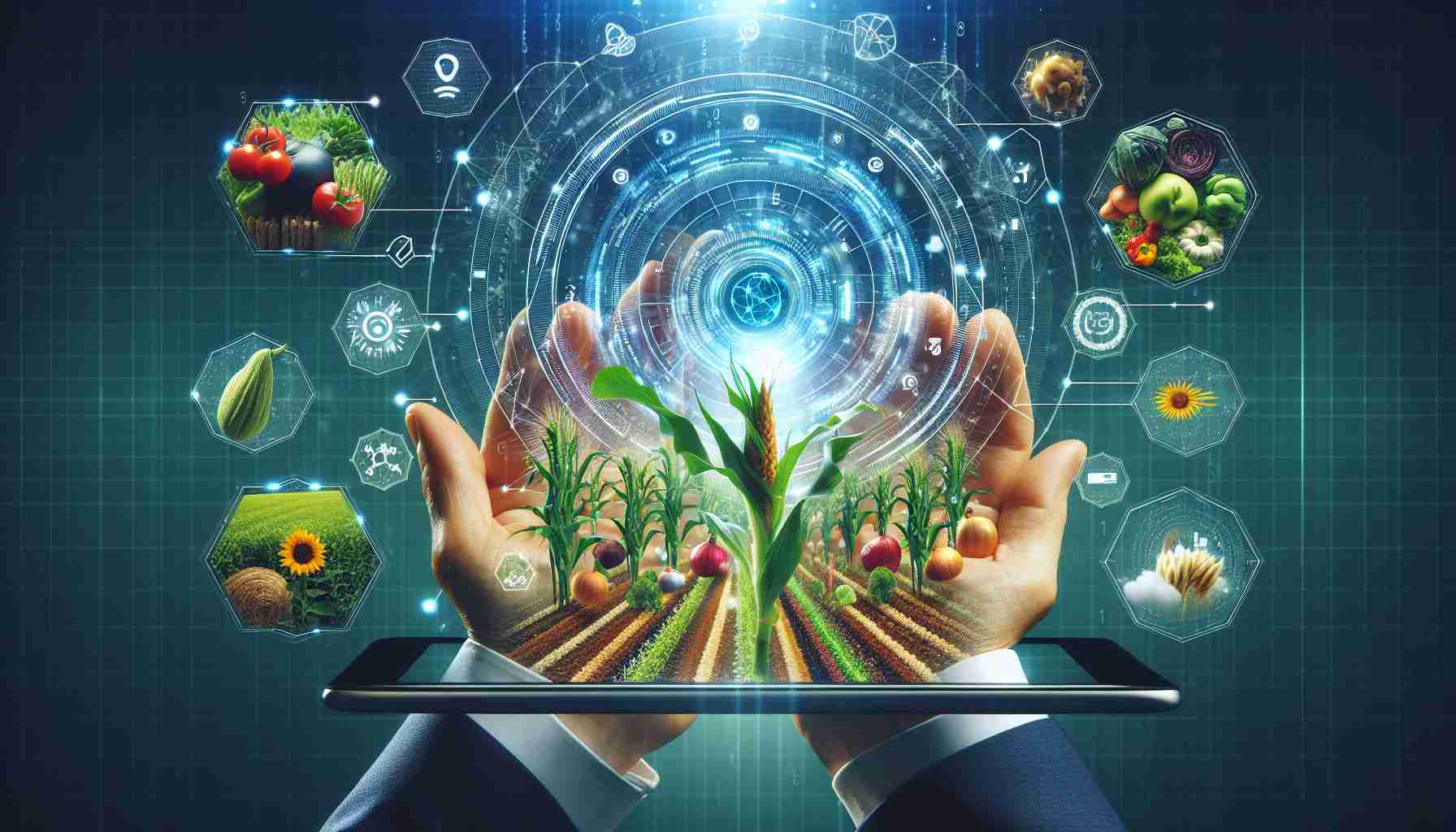In the face of a growing global population, agricultural producers are confronted with two challenges: increasing food production and reducing negative impacts on the environment. Scientists from the University of Illinois propose a methodology for studying the readiness of farmers to adopt new digital technologies related to agriculture.
The scientists emphasize that agriculture in the United States faces challenges in sustainable food production that are difficult to overcome with conventional technologies. Therefore, digital technologies and artificial intelligence can play a significant role in conducting agriculture in a more sustainable manner. However, there are also certain barriers that need to be overcome before the full implementation of these tools.
In addition to the benefits offered by new technologies, such as increased productivity and environmental protection, farmers must also consider the costs of implementation. Initial investments can be significant, and farmers need to acquire new skills and knowledge to operate them correctly. Furthermore, many digital technologies are still under development, not always guaranteeing immediate results.
The scientists propose an innovative approach to studying farmers’ readiness to adopt new technologies. They use survey-based research methods combined with computer-based spatial and temporal simulation. The essence of this method is to observe the dynamic impact of decisions regarding the implementation of specific technologies on the ecosystem. This allows predicting how today’s farmers’ decisions will affect the future quality of the environment, which in turn will influence further decisions.
Farmers’ studies involve presenting different scenarios in which farmers are forced to make choices regarding technology, costs, environmental impact, etc. This method takes into account the individual characteristics of farmers, rather than just general data. Computer simulations allow visualizing how different farmers’ decisions will impact future outcomes and sustainable agriculture.
Currently, scientists are conducting research related to the implementation of innovative cover cropping using new digital technologies. Soon, we will know the results of these studies, which can provide valuable information about the acceptance of new technologies in agriculture.
FAQ:
1. What is the purpose of the research conducted by scientists from the University of Illinois?
The purpose of the research is to examine farmers’ readiness to adopt new digital technologies related to agriculture.
2. Why can digital technologies and artificial intelligence play a significant role in agriculture?
Digital technologies and artificial intelligence can help conduct agriculture in a more sustainable manner, which is necessary in the face of challenges related to sustainable food production.
3. What are the benefits of implementing new technologies in agriculture?
Implementing new technologies can bring benefits such as increased productivity and environmental protection.
4. What are the barriers associated with the implementation of digital technologies in agriculture?
One of the barriers is the high cost of implementation, as it requires significant investments. Moreover, farmers need to acquire new skills and knowledge, and some technologies are still in the development phase.
5. How do scientists study farmers’ readiness to adopt new technologies?
Scientists use a research methodology based on surveys, which is combined with computer-based spatial and temporal simulation. This allows them to predict how farmers’ decisions impact the quality of the environment.
6. What is the significance of individual characteristics of farmers in research?
The research takes into account the individual characteristics of farmers, rather than just general data, allowing for more precise and personalized results.
Jargon:
Digital agriculture: The use of digital technologies and artificial intelligence in agriculture to enhance its productivity and minimize negative environmental impacts.
Research: Scientific process involving the collection, analysis, and interpretation of data to acquire new information and solve specific problems.
Innovations in cover cropping: New technologies and methods related to crop cultivation that reduce soil erosion, increase water retention, and improve soil quality.
Suggested related links:
– Purdue Agriculture in the News: https://ag.purdue.edu/agriculture-in-the-news
– Farmer’s Weekly: https://www.farmersweekly.co.za
– Science Daily – Agriculture and Food News: https://www.sciencedaily.com
The source of the article is from the blog mendozaextremo.com.ar
